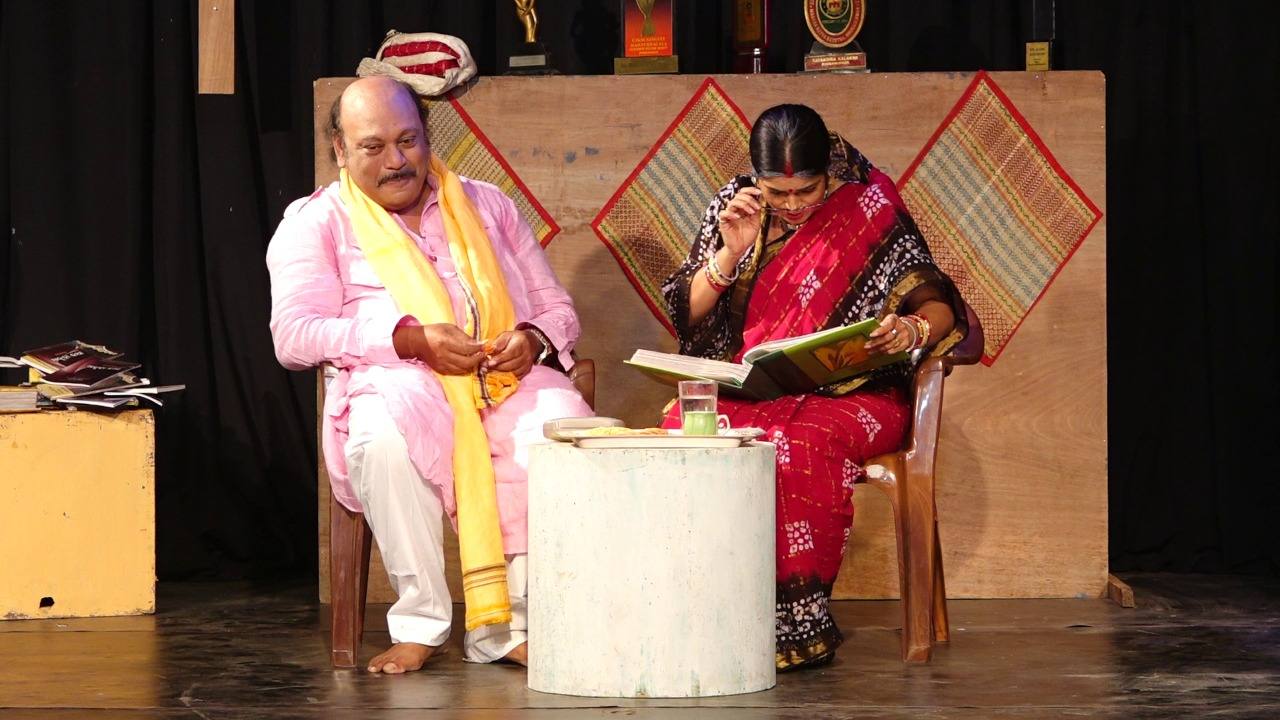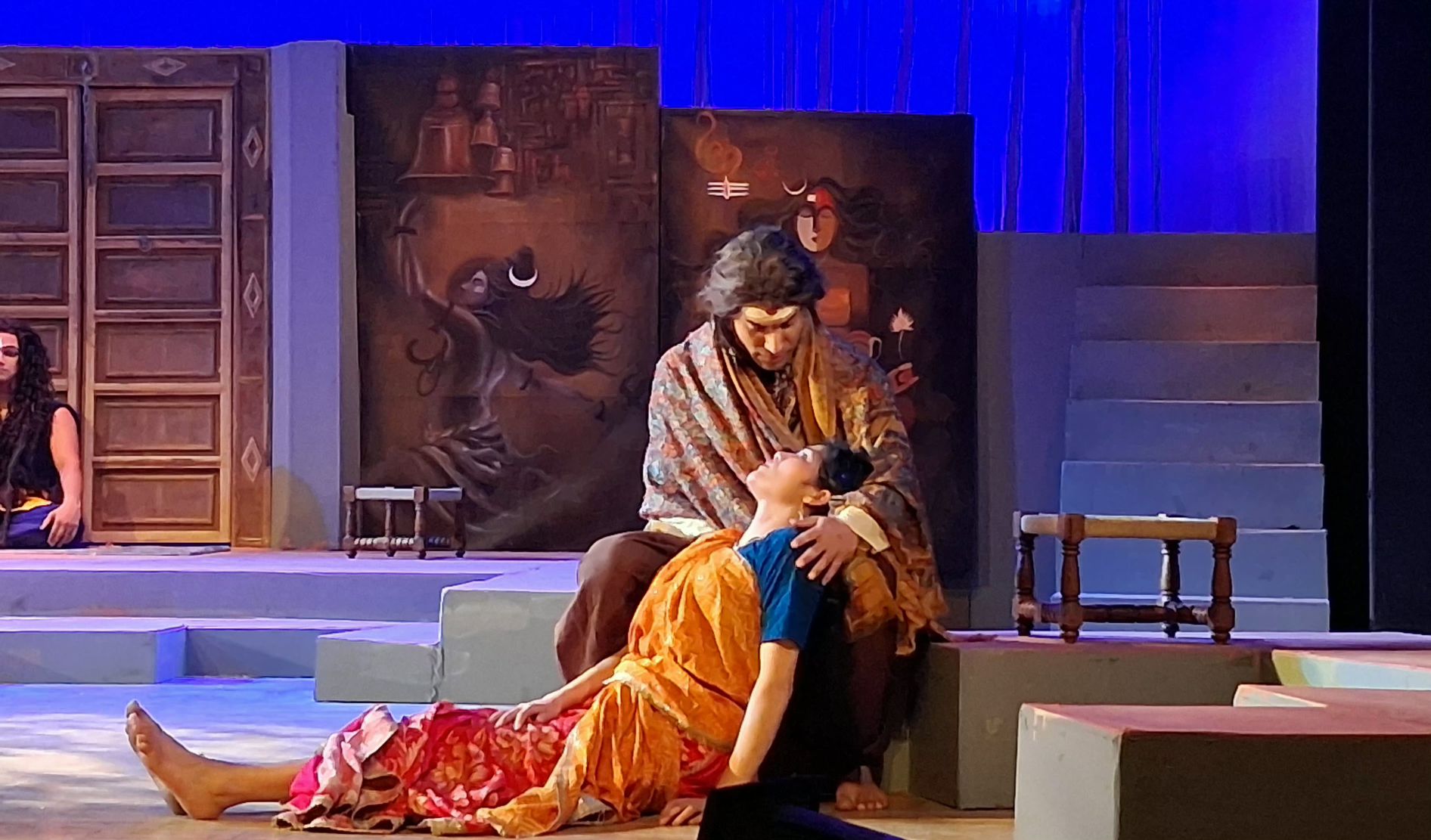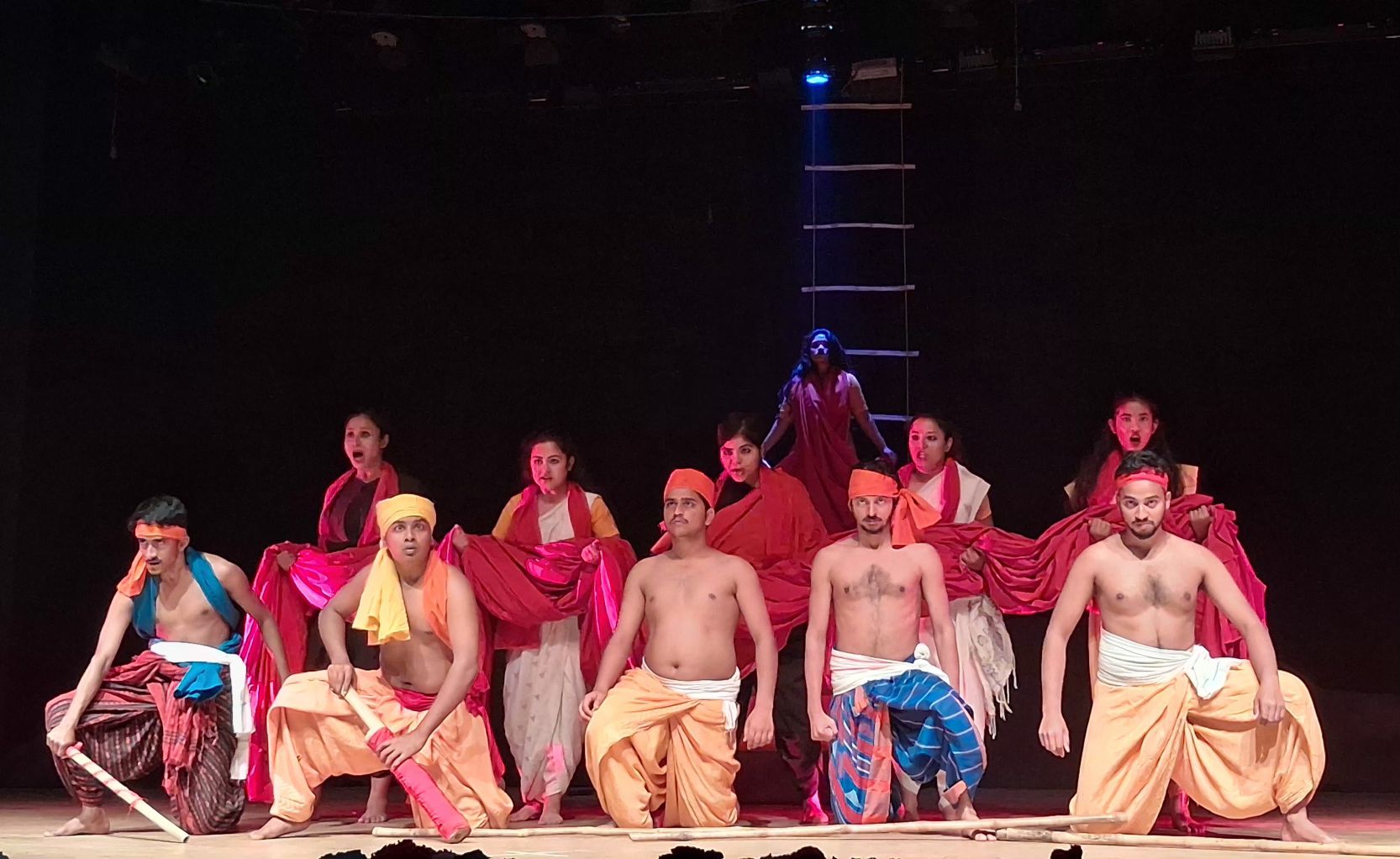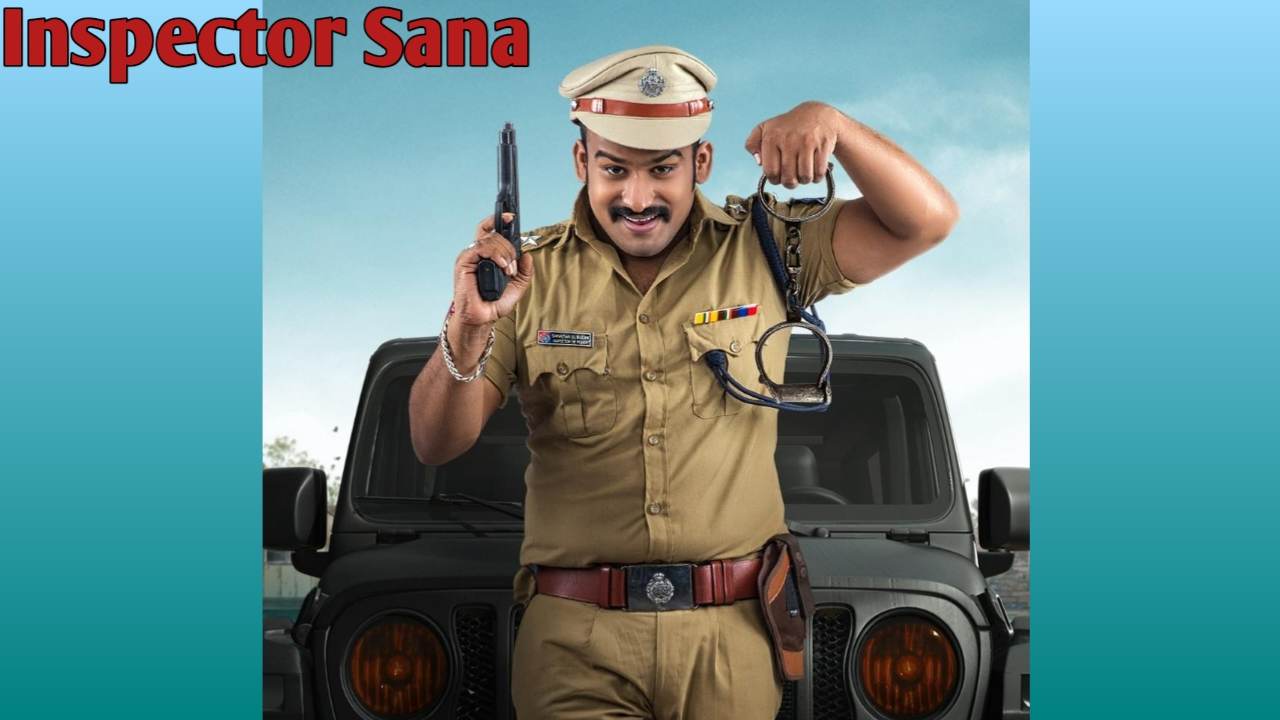Rourkela: The penultimate evening of Multilingual Drama and Dance Festival, held at Sehnai Mandap here in Odisha’s Sundargarh district saw screening, not staged thanks to COVID-19 restrictions, of the play ‘Theatre-The Origin Of Lifeline’.
The eight-day long festival, organised by ‘Spandan’, a Rourkela based theatre organisation, in collaboration with Eastern Zonal Cultural Centre, celebrated its 31st edition. The festival concluded December 27. And the play this reviewer is reviewing was screened on December 26 and was enacted by the artistes of ‘Swetapadma’, a Bhubaneswar based theatre organisation, founded in 2015.
The story revolves around Hemant Ray, who falls head over heels in love with theatre.
He has acted in many plays, under several doctors, written scores of plays and directed a good number of plays. As days pass by, he finds his own theatre group. He goes on writing plays and staging them. One day, a girl approaches him asking for an opportunity to act in his plays.
The pair clicks, they both give several hits.
They start realising that their on stage romance is not limited to stage only. They take no time to understand that they are made for each other. They eventually exchange garlands.
Days, weeks and months pass by and they are blessed with a son. They don’t leave any stone unturned in bringing up their son, Sanket.
After completing his higher education, Sanket wishes to go abroad to start a new life. He offers his parents to come with him which is turned down outright by Hemant and Sumitra.
“Like theatre is everything for you, my career is everything for me,” says Sanket and sets out, leaving Hemant and Sumitra to fend for themselves.
Poor Hemant and Sumitra finds it difficult to accept what has happened to them. It seems to them that the play they staged 25 years ago is being staged again with them being the same central characters.
Here enters two characters- Deb and Ravi. During their college days they used to learn acting from Hemant and act in his plays. Now they are settled in Pune. In memory of their mentor, they have founded a theatre organisation, christening it as ‘Hemant Theatre House’.
As they enters into the play they are seen pleading with Hemant and Sumitra to be the guests of their theatre organisation’s first play.
Hemant and Sumitra are watching the play ‘Aame Khajuchhu Aama Dunian’. They are seen in a joyous mood, for the first time since their son left them.
But hardly did then anyone realise that they would no longer be alive to enjoy any other play.
Hemant dedicated his entire life for theatre, even turned down his son’s offer to live a luxurious life in foreign and finally even breathed his last while watching a play.
The play, on the one hand, shows how dedicated the theatre people are, and on the other hand, shows how increasingly filial duties are taking a backseat to career and money.
The play was written and directed by Pradeep Biswal, the founder of ‘Swetapadma’ theatre organisation. He also acted in the play, portraying Hemant’s character. His long experience in theatre was visible even to naked eyes. This reviewer believes that Pradeep Biswal being himself a theatre personality, none but him could be a better choice for Hemant’s character. Manisha Rath was excellent in Sumitra’s role. It never felt in the entire play that Manisha and Sumitra are two different persons. Music by Shakti Prasad Mishra and stage by Pragyandutta Sahoo and Abhijit Pattanayak added to the success of the play.
Why an English title? Pradeep Biswal said they went for an English title because the festival was a multilingual theatre festival with plays of different languages including Portuguese being screened in it. According to this reviewer, the play’s title should have been an Odia one. The English title would have made any difference.
This reviewer believes that the play is worth visiting other festivals as well but should be played in auditoriums so that the audience can enjoy the play to the fullest. And the direct contact between the audience and the artistes, which is the vital aspect of proscenium theatre, will be there as here it got lost since the play’s recorded version was played out on a screen (thanks to COVID-19 restrictions).
By kalasanskruti
Photo courtesy: Swetapadma




